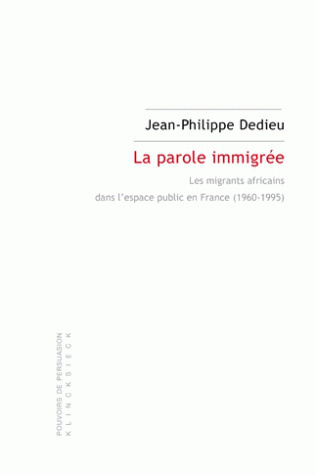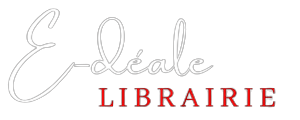The "Sub-Saharan" history of African immigration has been inadequately investigated: few post-colonial empire historians or sociologists have had any interest in it. Relying upon previously unpublished archives, La Parole immigrée strives to break this silence by retracing the paths taken by community leaders and union activists, drawing sociological portraits of lawyers and comedians, and by deciphering the role played by African migrants within the French public sphere, from the optimism of The Suns of Independence to the “sans papier” [illegal immigrants without papers] movement protests.
The extent to which migrant can voice their opinions within the French public sphere depends, on one hand, upon the strategies developed by the African governments – in collusion with the French State – to marginalise the demands of “immigrants” in the former colonial mother country and, on the other hand, upon the discriminatory rhetoric which has devalued African immigration from top to bottom in France, thereby producing rationale favouring their public stigmatisation.
African and French societies thus share a common history which migrant voices are rhetorically constructing, weaving the web of their sufferings, their victories and their gratitude.
A former Fulbright Fellow at UC-Berkeley, Jean-Philippe Dedieu is a graduate of the École supérieure des sciences économiques et commerciales (ESSEC) who earned his PhD from the École des Hautes Études en Sciences Sociales (EHESS). He is a member of the EHESS's Institut de recherche interdisciplinaire sur les enjeux sociaux (Iris). His research focuses on the history and political sociology of African migrations. He has taught at the EHESS, the ENS and at Sciences Po Paris.




